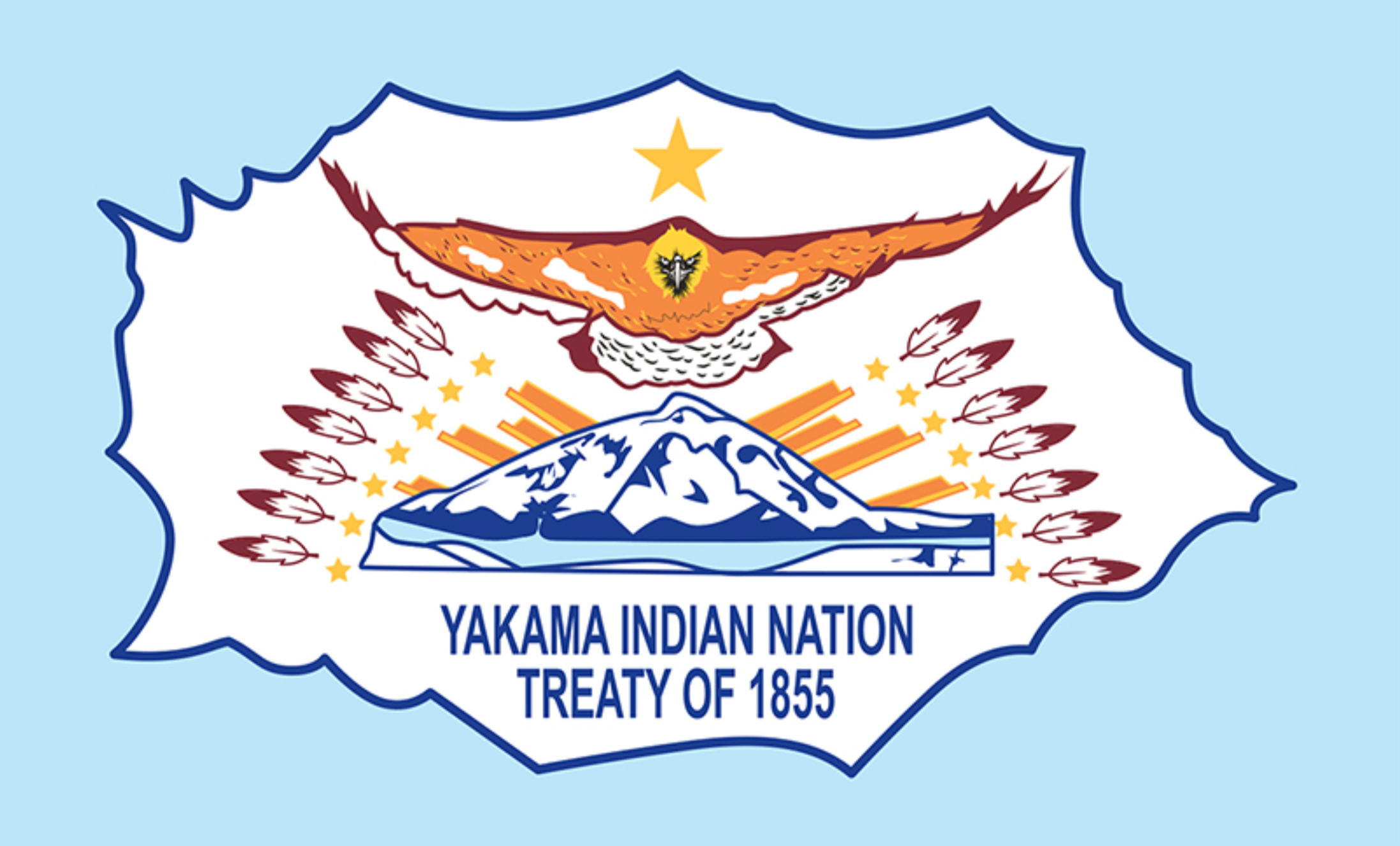Last week on March 19th, in a 5-4 decision, the US Supreme Court gave an effective tax break on fuel to federally-recognized Indian tribes in Washington state (Washington State Department of Licensing v. Cougar Den, Inc.).
In the majority were Justice Breyer, Sotomayor, Kagan, Gorsuch, and Ginsburg. Dissenting votes came from Chief Justice Roberts, and Justices Thomas, Alito and Kavanaugh.
In 2013, the Washington state Department of Licensing (DOL) charged the Yakama Nation of Indians $3.6 million in taxes, penalties and fees for fuel that was brought from Biggs, Oregon over Washington highways to the Yakama Reservation for resale.
The 1855 Treaty between the United States and the Yakama Nation states that the Yakamas have the right to travel on all public highways. The tribe argues that the tax on fuel, which they are traveling with, is considered a burden to that right and the majority of the court agreed. The tribe doesn’t have to pay the tax.
Judge Gorsuch, who voted with the majority, wrote, “Far-reaching travel was an intrinsic ingredient in virtually every aspect of Yakama culture…[and to their] way of life that they could not have performed and functioned as a distinct culture” without it.
This precedent, however, raises several interesting issues. Since the mode of transportation prohibits the state from leveling taxes, what if the fuel was brought in by another way like a pipeline? Would the same application of the law hold, or would the fuel be subject to tax since there would be no impediment to movement? Conversely, does it also mean that there should be exemptions for any taxes, fees or tolls applied to all tribal nation travelers on Washington roads?
The answer is arguably “yes” in both cases – but is this the right interpretation of the original treaty agreement?
The dissenting opinion argues the majority’s interpretation of the treaty is too broadly applied. The justices see this not so much as a taxation on travel, but more a tax on a product. They argue the taxes are applied on goods at the destination, not during transport, and are therefore valid and should be assessed.
Chief Justice Roberts wrote that the treaty language meant “the Yakamas [can] enjoy the same privileges whether they travel with goods or without. It does not provide the Yakamas with an additional right to carry any and all goods on the highways, tax-free, in any manner they wish.” He notes, “Nothing in the text of the treaty, the historical record, or our precedents supports the conclusion that the right ‘to travel upon all public highways’ transforms the Yakamas’ vehicles into mobile reservations, immunizing their contents from any state interference.”
The effect of this case is far-reaching. It creates an inequity among those who pay and those who don’t. This ultimately results in everyone paying more at the pump to make up the difference.
This also affects the collection of other fees and tolls. Should tribal members pay tolls on SR 520 and I-405? Is there a difference between the two freeways since there are no free general-purpose lanes on SR 520?
We inquired with WSDOT, and they said that “members of the tribe with Yakama Nation license plates and those members that provide proof of tribal citizenship to the customer service center are not charged tolls on facilities in which all lanes are tolled, such as SR 520 or the Tacoma Narrows Bridge.”
There are certainly inconsistences in how taxes are applied, so it’s likely not the last time we will see a case like this.
In the meantime, DOL will be looking for revenue in other places.
Related WPC Work:
- Tribal-owned gas stations receive gas-tax "refunds" from state for taxes consumers pay
- Gas tax increase means bigger public payouts to for-profit tribal businesses
- WA Supreme Court rules against tribes in gas tax case
- New WPC Study: Washington State Gives Away Gas Taxes to Indian Tribes






